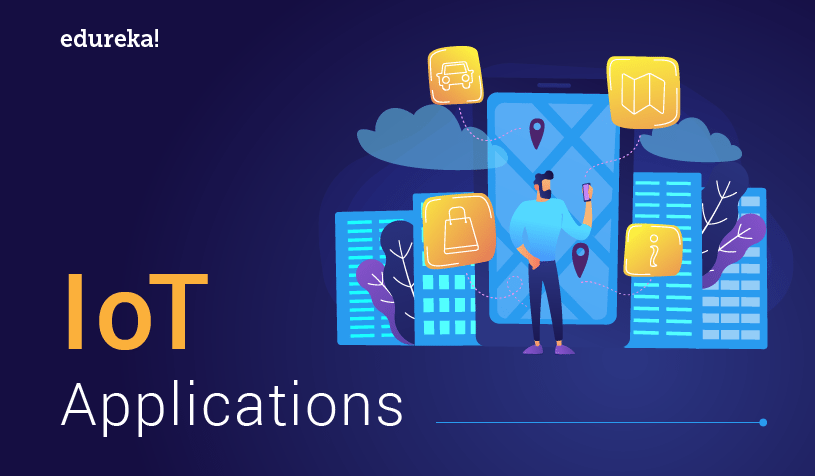- Регистрация
- 27 Авг 2018
- Сообщения
- 37,816
- Реакции
- 542,874
- Тема Автор Вы автор данного материала? |
- #1

- Learn in-built standard modules in python like datetime, math, statistics etc.
- Learn Networking using sockets, APIs for twitter and emails.
- Learn Data science modules for IoT such as numpy, scipy, pandas, matplotlib.
- Finally we will learn Multi-threading and Exception handling.
- Basic knowledge about electronics & python programming
- A Computer or a laptop
Please note that There are four courses in this series. They are as follows:
1st Course: Python for IoT Tutorials
2nd Course: Advanced Python for IoT & IoT Based Data Analysis
3rd Course: IoT (Internet of Things) Automation with ESP8266
4th Course: IoT (Internet of Things) Automation using Raspberry Pi
We are now at "2nd Course: Advanced Python for IoT & IoT Based Data Analysis". This part will deal more with python concepts. We will be learning in-built standard modules in python like datetime, math, statistics etc. Then we will cover Networking using sockets, APIs for twitter and emails. Then we will get in to Data science modules for IoT such as numpy, scipy, pandas, matplotlib. Finally we will learn Multi-threading and Exception handling.
IoT is bringing more and more things into the digital fold every day, which will likely make it a multi-trillion dollar industry in the near future. Building your own project on IoT will help you practically learn how engineering is applied on this amazing technology.
For the development of an IoT solution, one would need a programming language which while being lightweight and scalable at the same time. One such is Python and we are going to learn how to implement the same with this training.
Learn about the exciting field of IoT with Advanced Python programming.
The training will include the following;
1. Using in-built standard modules in python (datetime, math, statistics)
2. Networking using sockets
3. Using apis for twitter and emails
4. Data science modules for iot (numpy, scipy, pandas, matplotlib)
5. Multi-threading and Exception handling
Who this course is for
- Students/Professionals interested in electronics and programming
- This course is for all levels of Audience, Anybody who is interested in building IOT products.
- Anyone who wants to build projects using Python for IoT
DOWNLOAD:



